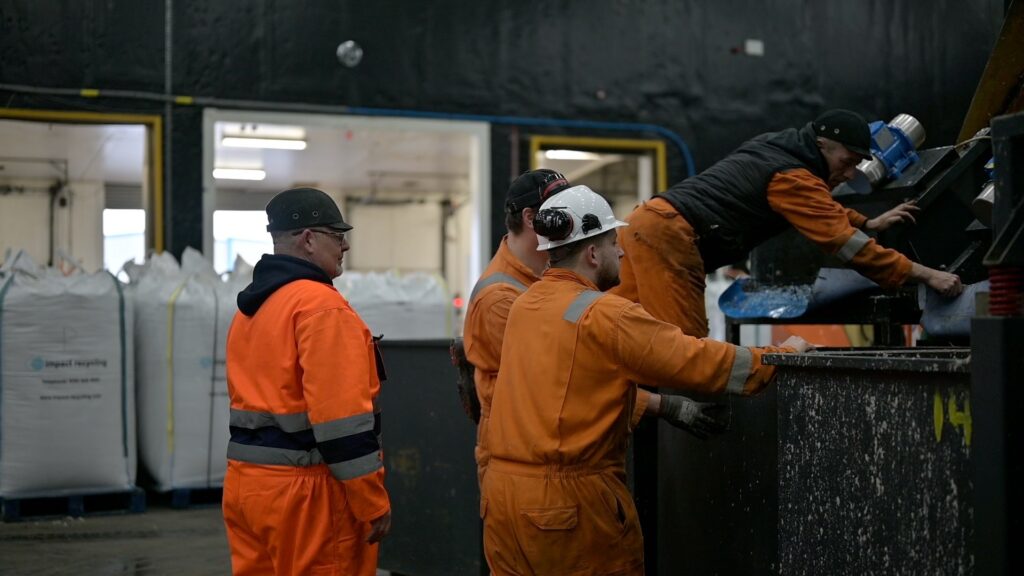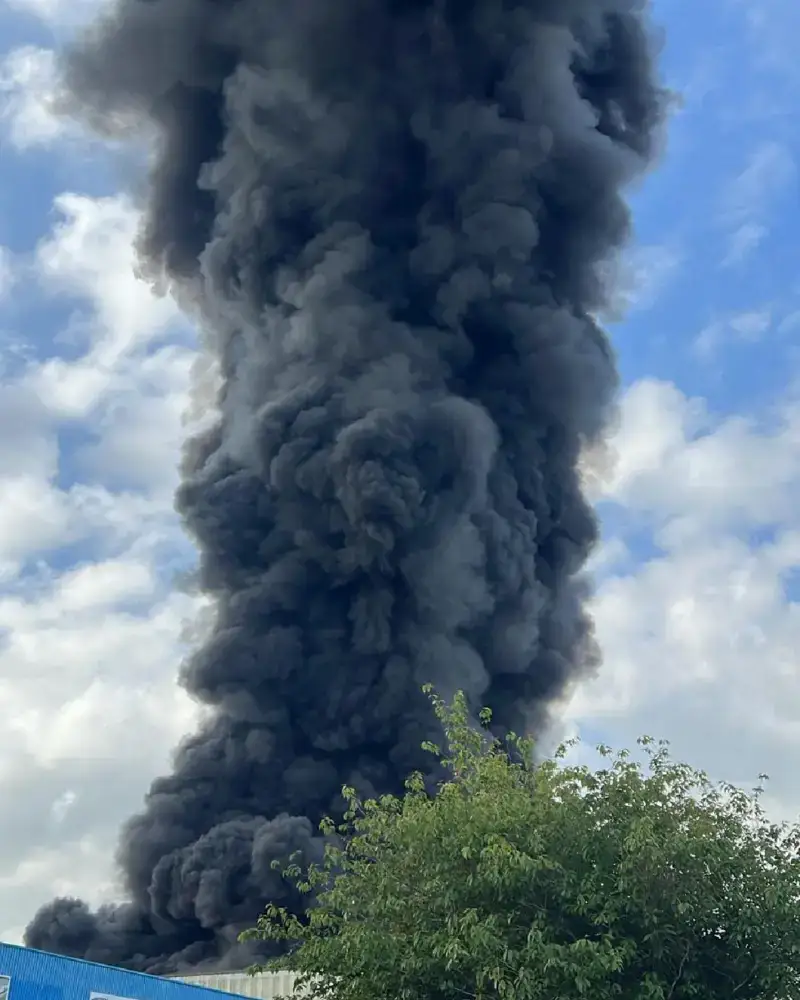Convened by WRAP and the Ellen MacArthur Foundation, the Plastics Pacts Network stands as a globally aligned response to plastic waste and pollution. With engagement from 18 countries spanning every continent, the network serves as a mechanism for nations to fulfil their obligations under the forthcoming Global Treaty to End Plastic Pollution.
WRAP has said that since its inception, the Plastics Pacts Network has eliminated of over 360,000 tonnes of “problematic and unnecessary” plastics. Through collaborative efforts, billions of items utilising “problematic plastics” have been removed from circulation, “showcasing success” at national, regional and global levels.
Impact
Reflecting on six years of collaborative action, WRAP has outlined some of the topics the report will explore:
- Proven impact: Plastics Pacts have proven to be an effective model for delivering impact, showcasing significant achievements in a relatively short timeframe
- Complementary action: While voluntary action has been “swift and impressive”, additional binding policy measures and accelerated business action are needed to address systemic challenges effectively
- Informing global commitments: Plastics Pacts are uniquely positioned to inform and fulfil commitments under a Global Plastics Treaty, contributing to its success with additional funding and support
Despite the report showcasing the progress the pact has made, WRAP acknowledges that systemic challenges persist, underscoring the necessity of a broader framework such as a Global Plastics Treaty.
The report will include a summary of policy recommendations for policymakers aimed at addressing these challenges and advancing progress towards a future free from plastic pollution.









Subscribe for free